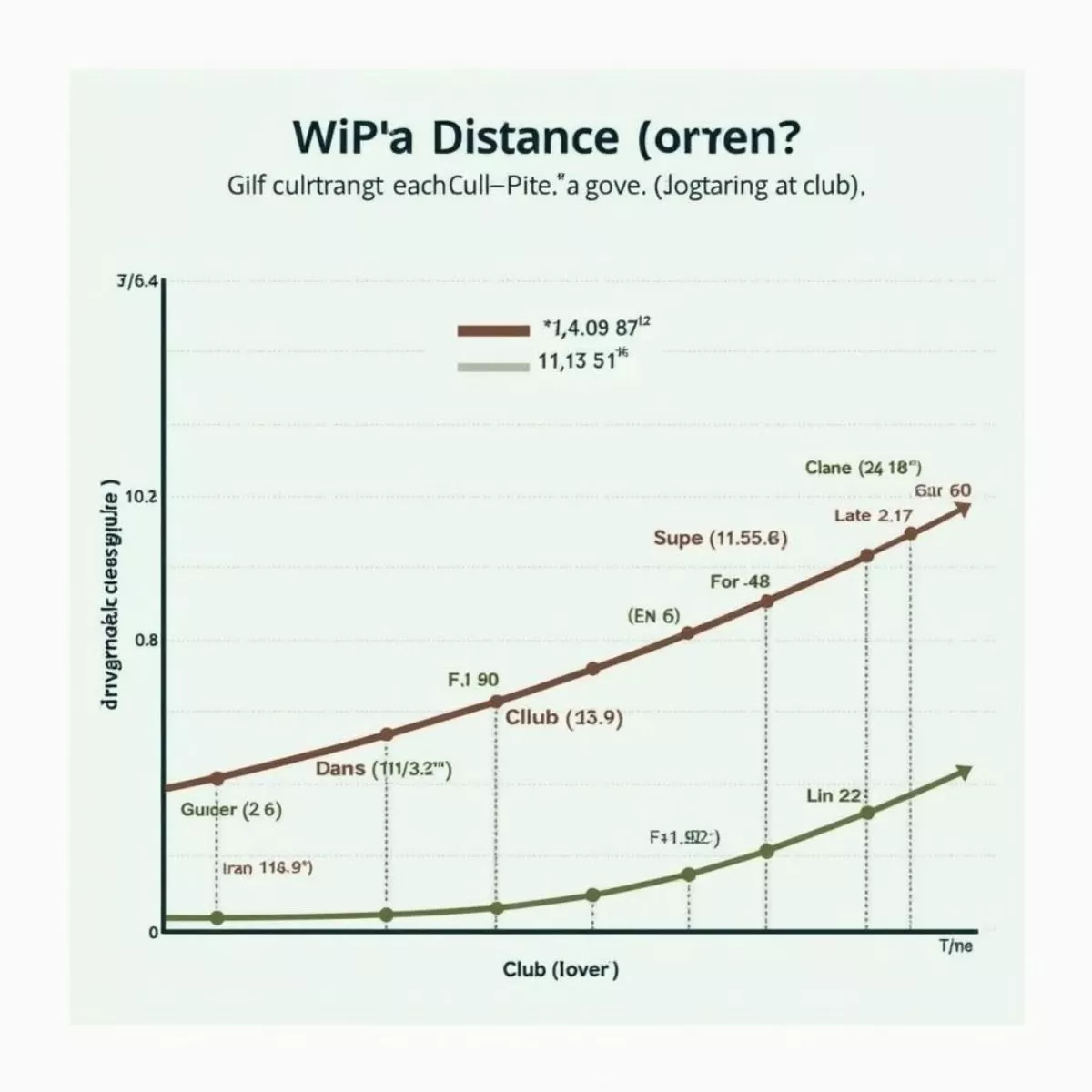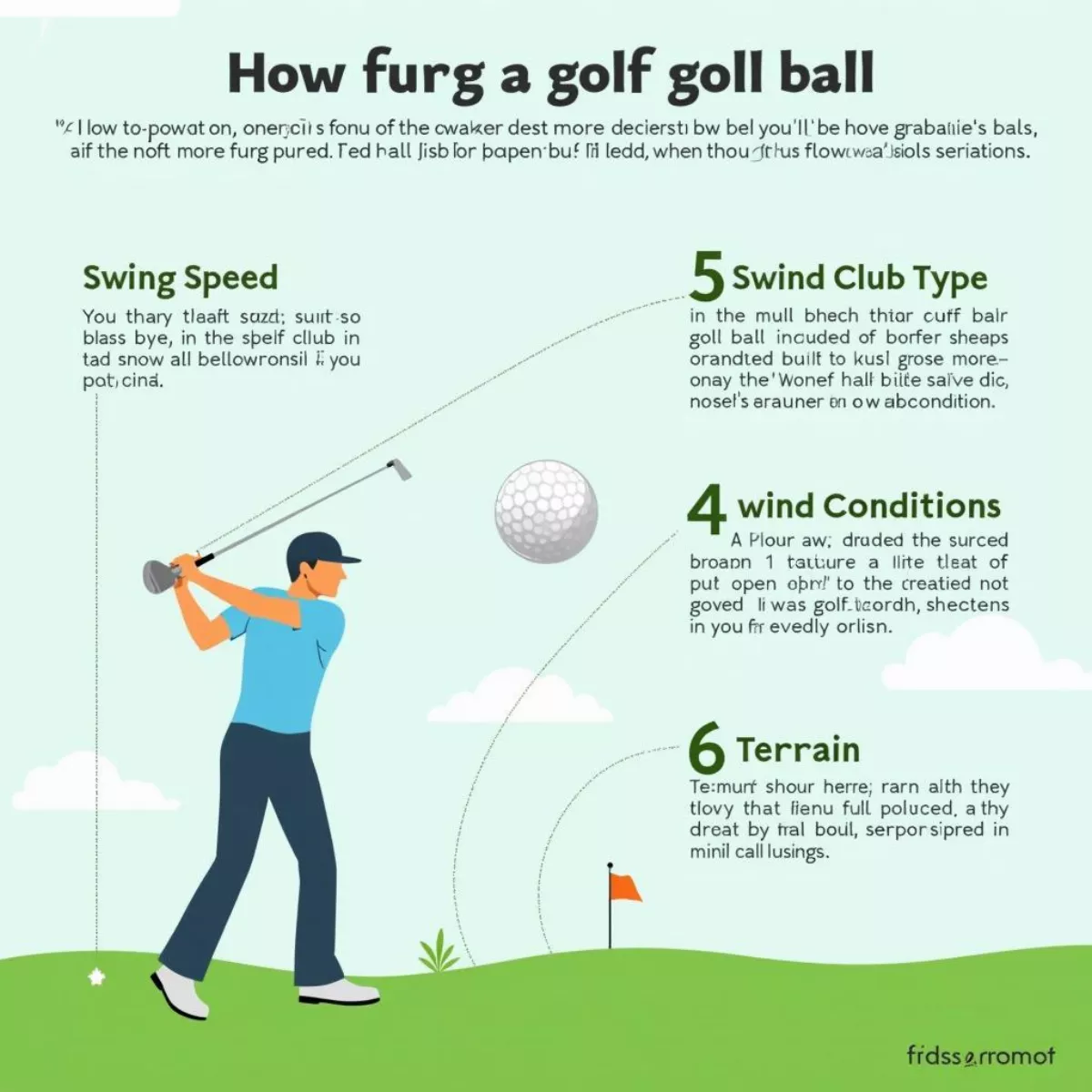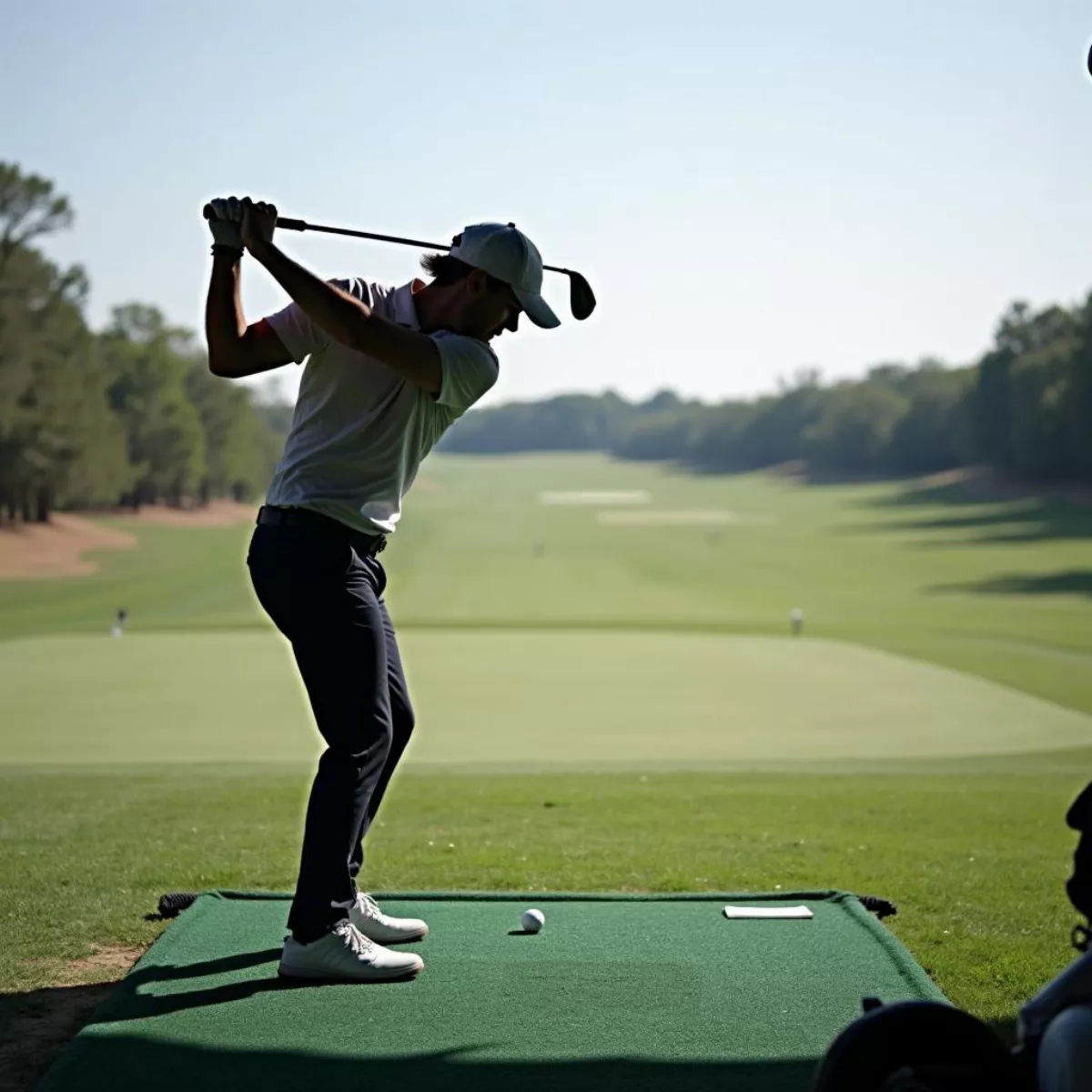what is the distance for each golf club to hit

Golf can be a daunting sport, especially when you’re trying to figure out just how far each golf club can send your ball. If you’re aiming to play around 1500 yards (which is approximately 1.36 kilometers), knowing the specific distance capabilities of each club is crucial. In this article, we’ll break down the average distances for each golf club and equip you with the knowledge needed to improve your game.
Table of Contents
- The Importance of Knowing Your Distances
- Average Distances by Club Type
- Factors Affecting Golf Club Distances
- Tips for Maximizing Your Distance
- Key Takeaways
- Frequently Asked Questions (FAQ)
The Importance of Knowing Your Distances
If you want to lower your score, understanding the distance you can hit each club is vital. This knowledge allows you to make informed decisions on the course, enabling you to select the correct club and understand how to approach different shots.
Understanding the distances can help you:
- Improve shot accuracy and positioning.
- Reduce the number of strokes taken.
- Enhance overall confidence on the course.
Average Distances by Club Type
Here’s a breakdown of average distances for each type of golf club based on skill level:
1. Drivers
- Average Distance: 230 – 300 yards
- Description: The longest club in your bag, designed for maximum distance off the tee.
2. Fairway Woods
- 3-Wood: 210 – 250 yards
- 5-Wood: 200 – 240 yards
- Description: Great for longer distances and hitting from the fairway.
3. Hybrids
- 3-Hybrid: 180 – 220 yards
- 4-Hybrid: 170 – 210 yards
- Description: A versatile club that combines the features of woods and irons.
4. Irons
- 3-Iron: 180 – 210 yards
- 4-Iron: 170 – 200 yards
- 5-Iron: 160 – 190 yards
- 6-Iron: 150 – 180 yards
- 7-Iron: 140 – 170 yards
- 8-Iron: 130 – 160 yards
- 9-Iron: 120 – 150 yards
- Description: Used for a variety of shots, especially when precision is key.
5. Wedges
- Pitching Wedge: 100 – 130 yards
- Gap Wedge: 90 – 120 yards
- Sand Wedge: 80 – 110 yards
- Lob Wedge: 60 – 100 yards
- Description: These clubs are mainly used for shorter, more precise shots.
6. Putter
- Average Distance: Depends on the putting green
- Description: Used for rolling the ball into the hole, distance varies greatly depending on the situation and player.
| Club Type | Average Distance |
|---|---|
| Driver | 230 – 300 yards |
| Fairway Wood (3-wood) | 210 – 250 yards |
| Hybrid (3-hybrid) | 180 – 220 yards |
| 7-Iron | 140 – 170 yards |
| Pitching Wedge | 100 – 130 yards |

Factors Affecting Golf Club Distances
Understanding how various factors can impact your distance is equally as important as knowing the average distances. Here are some key elements to consider:
- Player Skill Level: Beginners may hit shorter distances than more skilled players.
- Swing Speed: Generally, the faster your swing speed, the further you can hit the ball.
- Club Condition: Worn or damaged clubs can affect distance.
- Weather Conditions: Wind, humidity, and temperature can all influence distance.
- Ball Type: Different types of golf balls can affect spin and distance.

Tips for Maximizing Your Distance
Do you want to get the most out of your current clubs? Here are some practical tips to enhance your distance:
- Practice Regularly: Consistency comes from practice. Spend time at the driving range working on your swing.
- Focus on Your Grip: A proper grip helps you maintain control and maximum power.
- Work on Your Swing Mechanics: A fluid swing results in better distance. Consider taking lessons for professional advice.
- Know Your Equipment: Familiarize yourself with your clubs, their weights, and fittings.
- Strength Training: Building your core and upper body strength can improve your swings significantly.

Key Takeaways
- Knowing the average distances for each golf club will enhance your game and lower your scores.
- Drivers hit further (up to 300 yards), while wedges are for shorter, more precise shots.
- Factors like swing speed, club condition, and player skill can affect how far you can hit each club.
- Spend time practicing and focusing on swing mechanics to maximize distance.
Frequently Asked Questions (FAQ)
1. How far should a beginner hit a driver?
Typically, a beginner driver distance ranges from 180 to 230 yards depending on technique and swing speed.
2. Does the type of golf club affect distance?
Yes, different clubs are specifically designed for various distances. Woods for long shots, irons for precision, and wedges for short plays.
3. Will using a lighter club help increase my distance?
A lighter club can improve swing speed, potentially resulting in longer distances. However, control is also critical, so choose a weight that feels comfortable.
4. Can weather impact how far I hit a golf ball?
Absolutely! Wind can help or hinder your distance dramatically, while temperature can also affect ball performance.
5. Should I adjust my swing speed for different clubs?
Yes, you should maintain a controlled pace and adjust your swing according to the specific club being used.
6. What kind of practice is best for improving distance?
Focused practice on the driving range, including experimenting with different clubs and techniques, will help improve distance over time.
7. Do professional golfers usually hit further?
Yes, professional golfers often hit balls considerably farther, averaging about 300 yards with their drivers.
8. Are there golf clubs specifically designed for distance?
Yes, manufacturers produce clubs designed for maximum distance, often labeled as “distance drivers” or “long-distance irons.”
Understanding the average distances each golf club can provide will not only improve your gameplay but will also add to your enjoyment of the sport. Whether you’re a seasoned player looking to refine your game or a beginner eager to learn, mastering your club distances is essential. So, grab your clubs and get ready to hit that 1500-yard mark with authority!